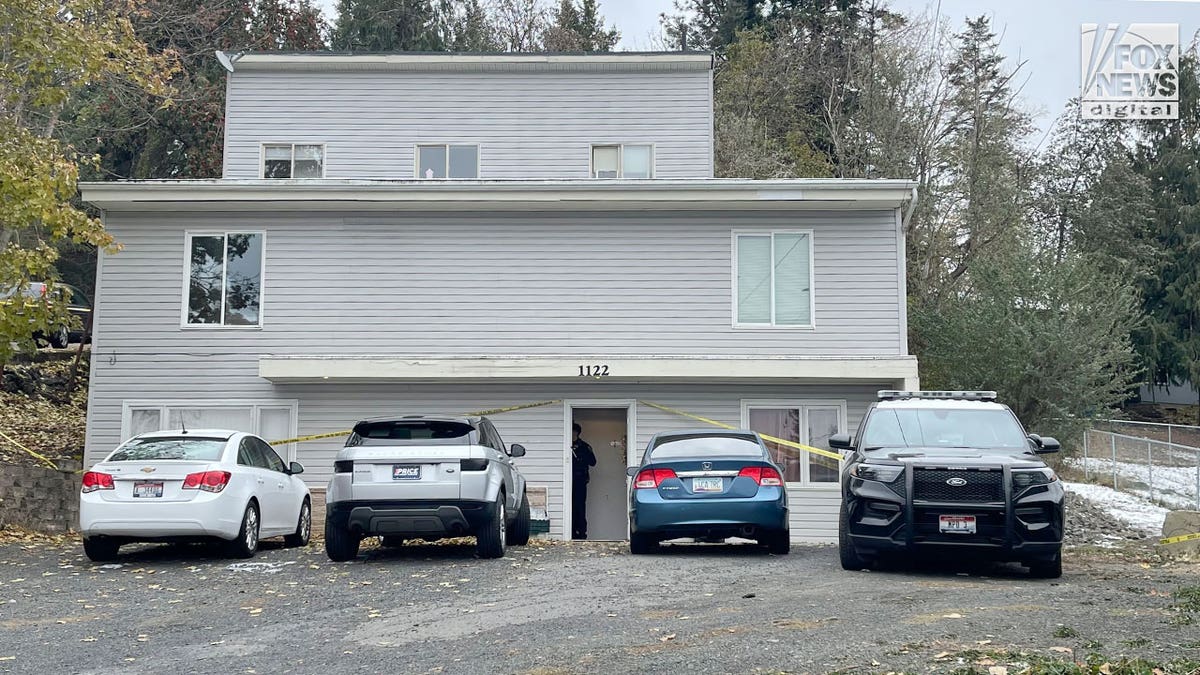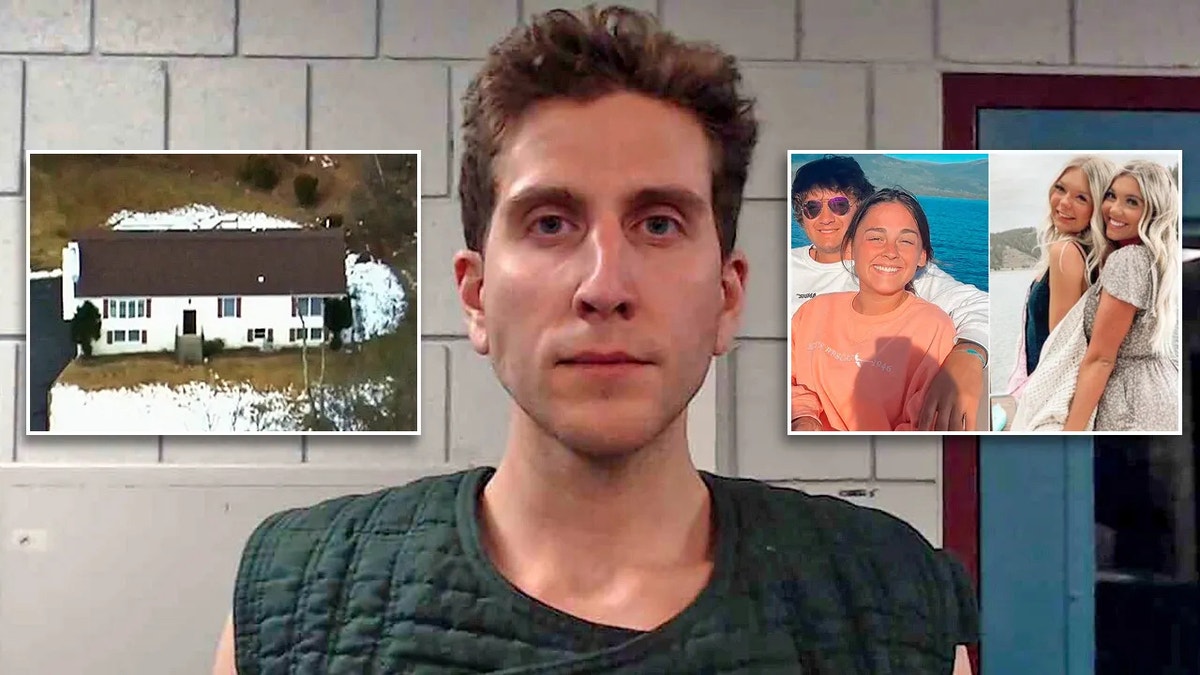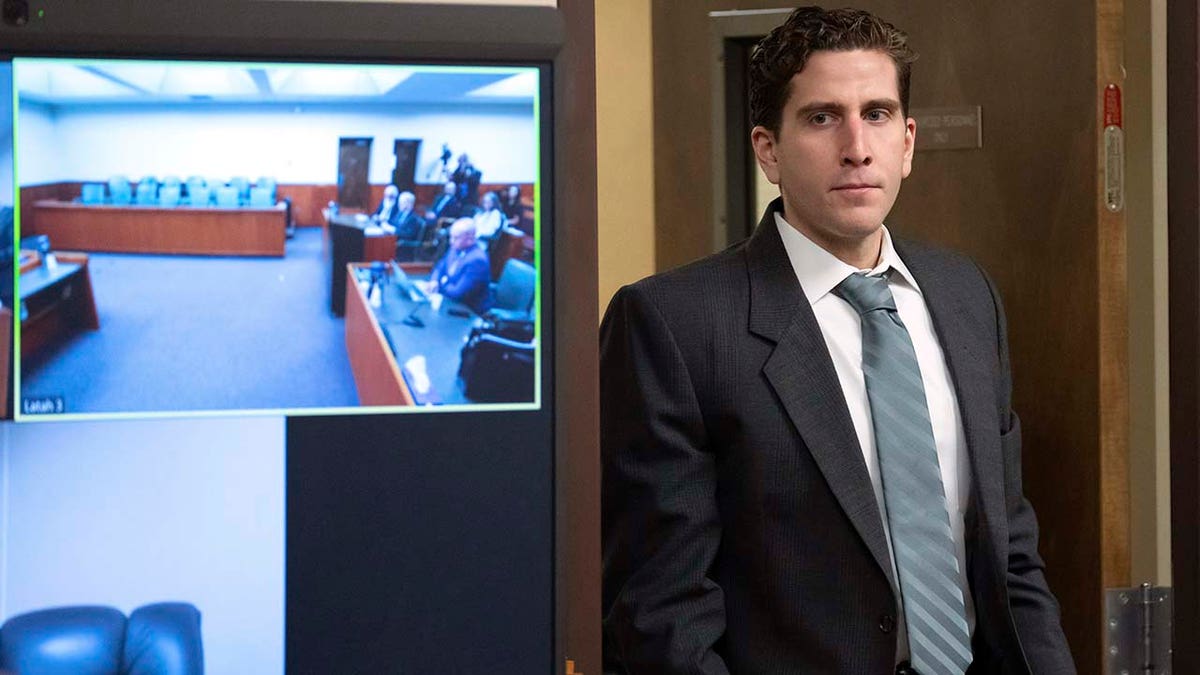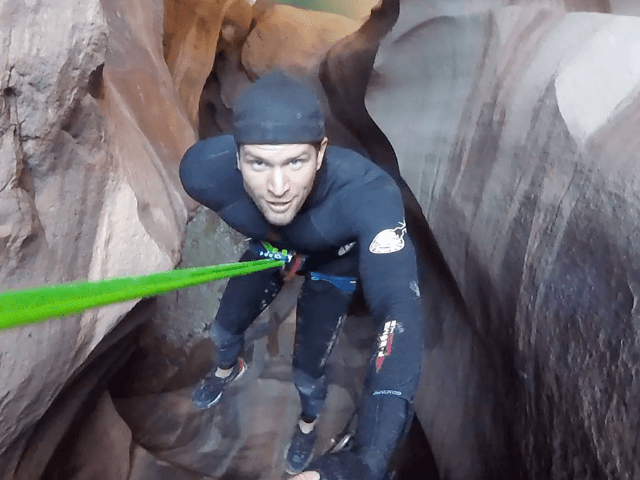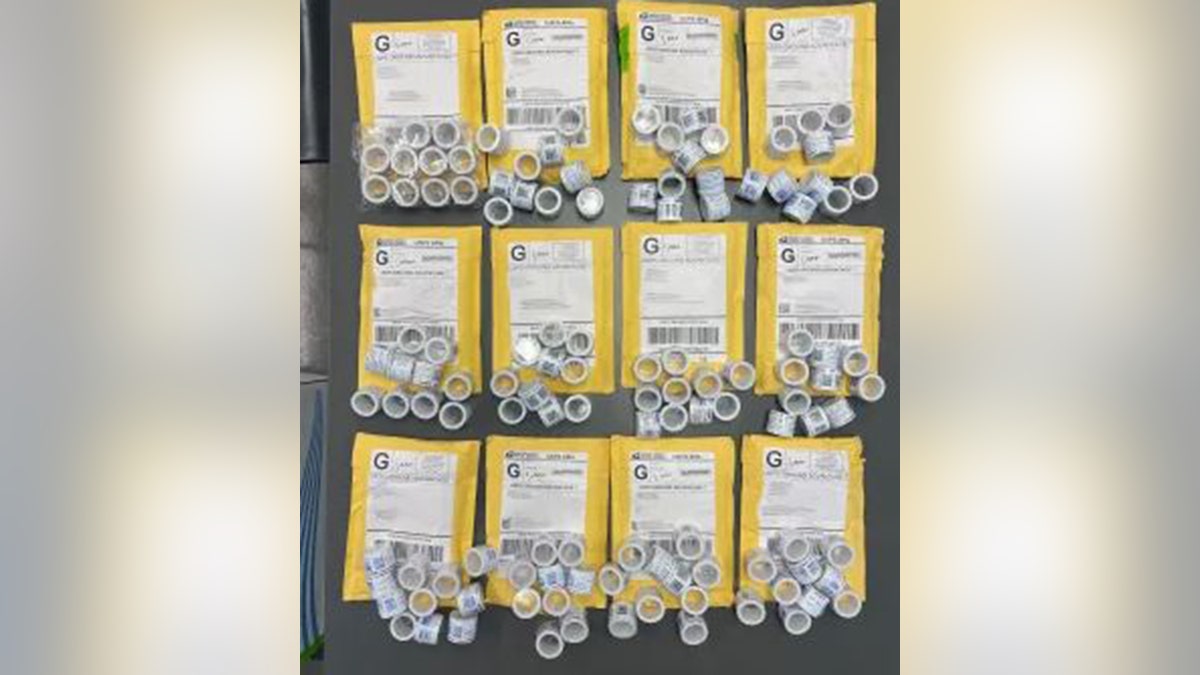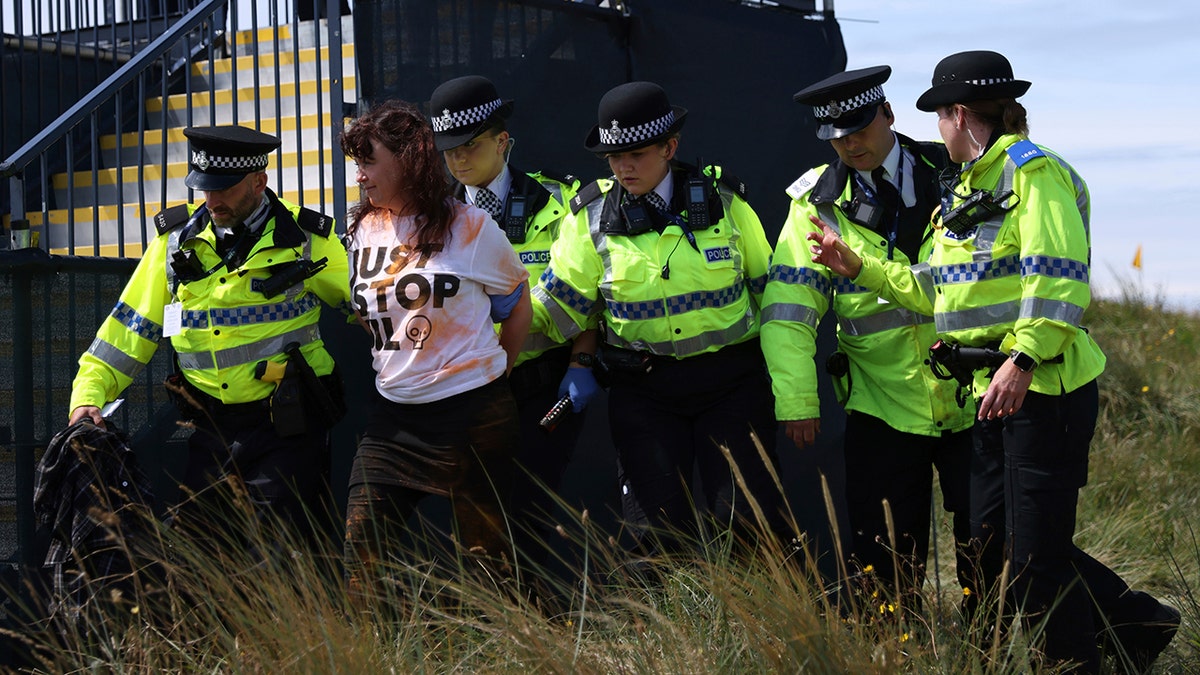Bryan Kohberger's legal team is aggressively challenging the evidence against him in the Idaho student murders case, questioning the legality of search warrants and scrutinizing eyewitness testimony. Defense attorney Anne Taylor raised concerns about the reliability of a surviving roommate's account, citing potential memory issues and uncertainty about whether she had been dreaming. Taylor also questioned the methods used to obtain DNA evidence, including searches conducted with Othram and the FBI, as well as the retrieval of a trash can from Kohberger's family home. Judge Steven Hippler did not immediately rule on these motions.
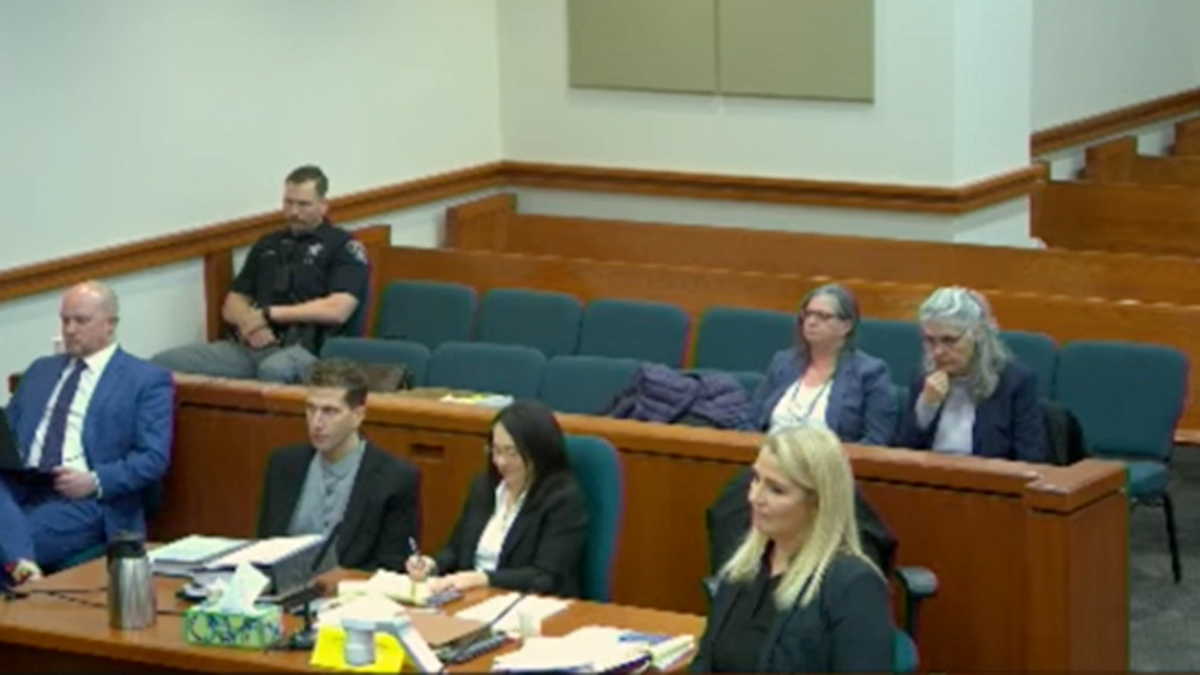
The defense argued that warrants should have been obtained before these searches, while prosecutors countered that there is no expectation of privacy for DNA left at a crime scene or trash placed for collection. Judge Hippler questioned the prosecution about adherence to FBI policy, even if it didn't impose legal limitations. The prosecution maintained the evidence was obtained legally.
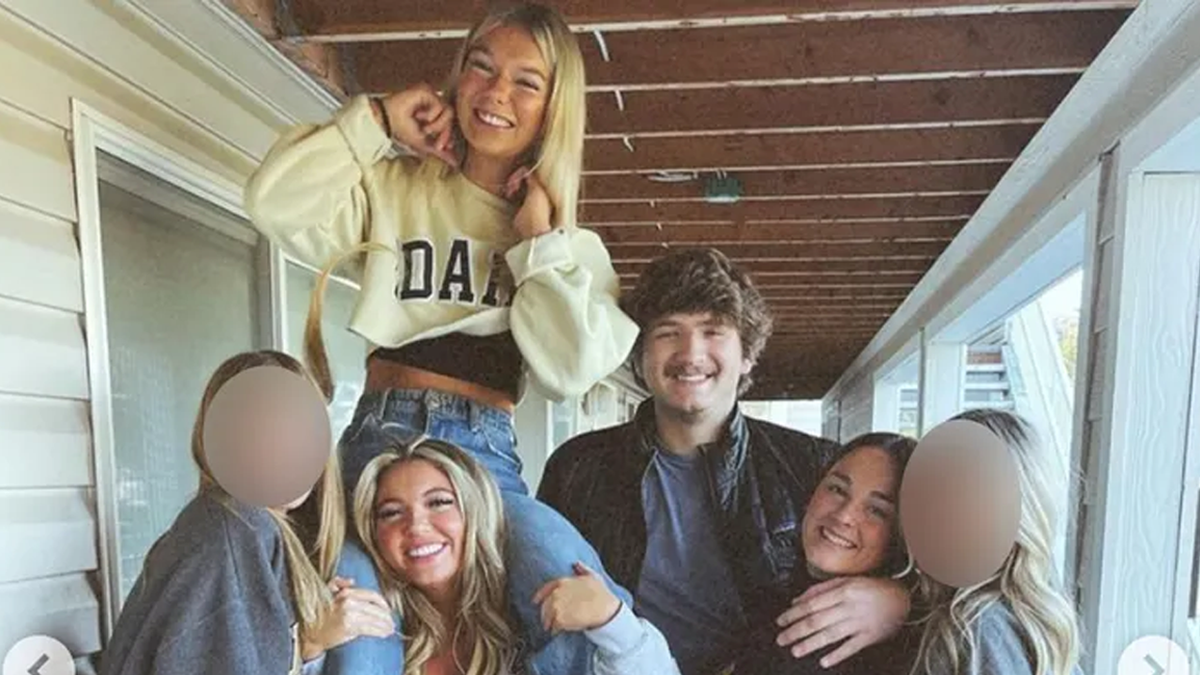
Taylor further challenged the validity of several warrants, alleging that detectives misled the magistrate judge in a probable cause affidavit. She also disputed the accuracy of an FBI map of Kohberger's movements. Judge Hippler questioned whether the DNA evidence alone was sufficient for probable cause. The prosecution defended the warrants and the eyewitness testimony, emphasizing the consistent description of the suspect as a tall, slender, White male.
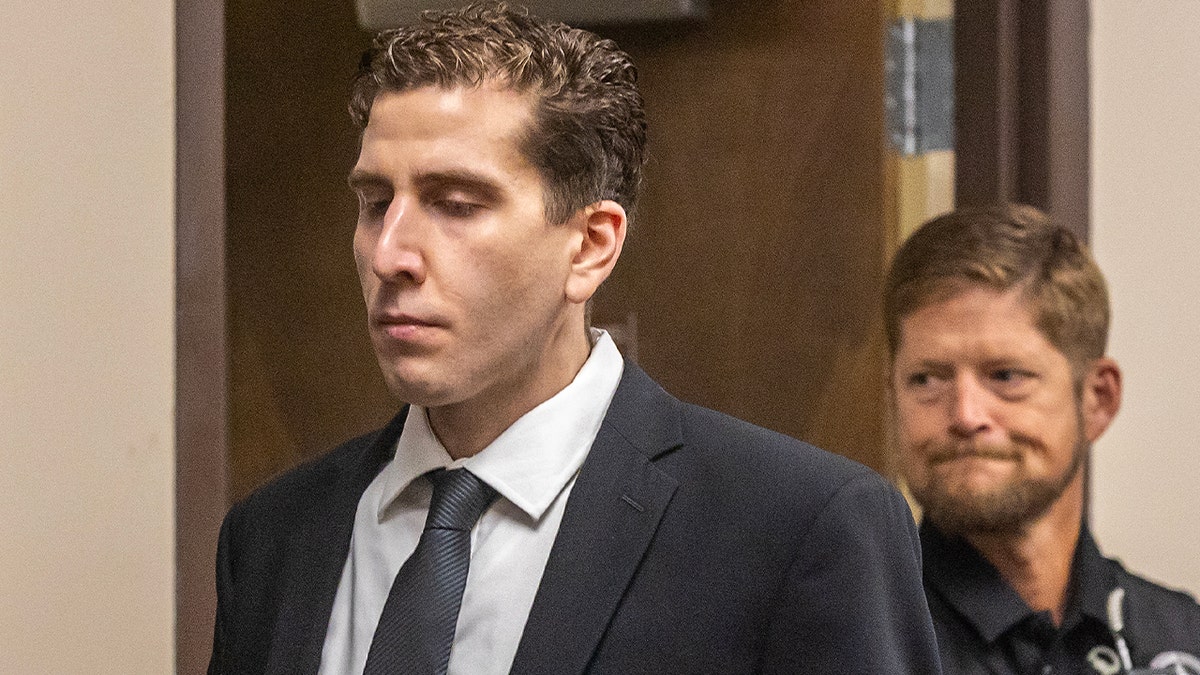
Taylor highlighted excerpts from the eyewitness statement expressing uncertainty about the events. The defense also raised concerns about the use of investigative genetic genealogy (IGG) and its potential violation of Kohberger’s Fourth Amendment rights. The DNA on the knife sheath found at the scene is considered crucial evidence. The defense also argued that search warrants for electronic devices were overly broad. The hearing also addressed a motion to compel discovery, with the defense claiming it hadn't received all necessary reports and data from expert prosecution witnesses.
